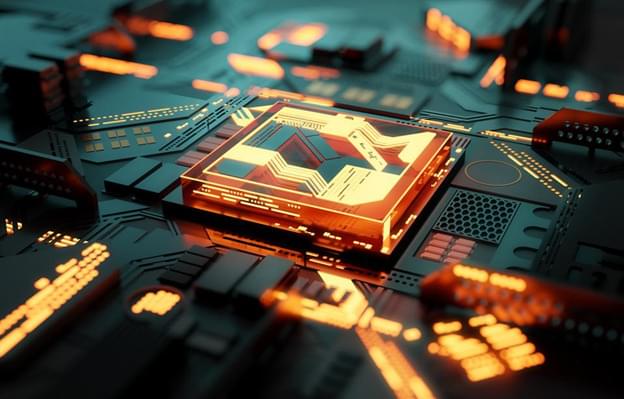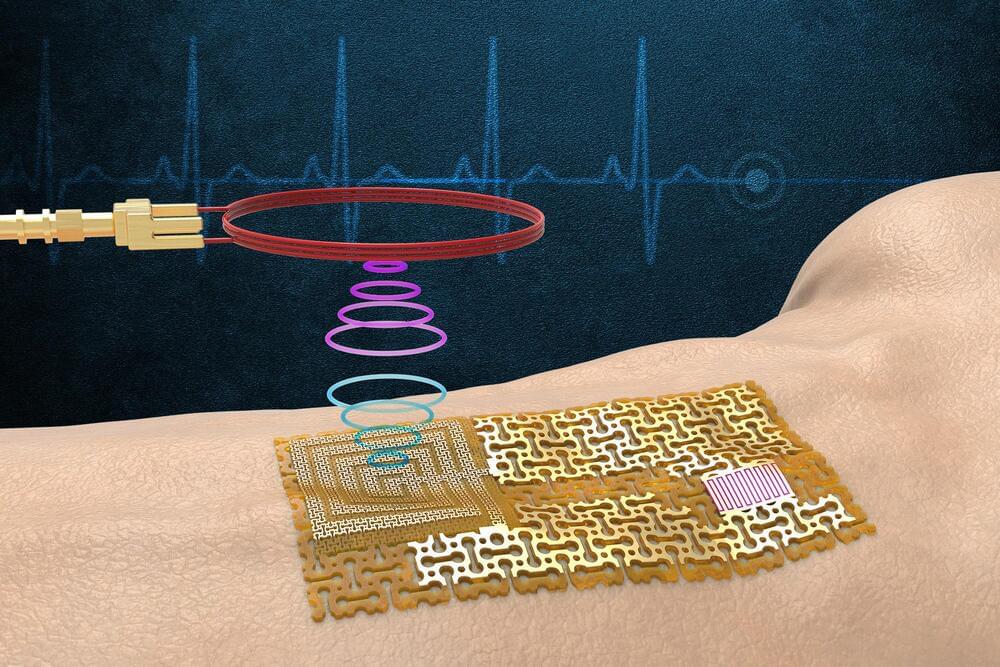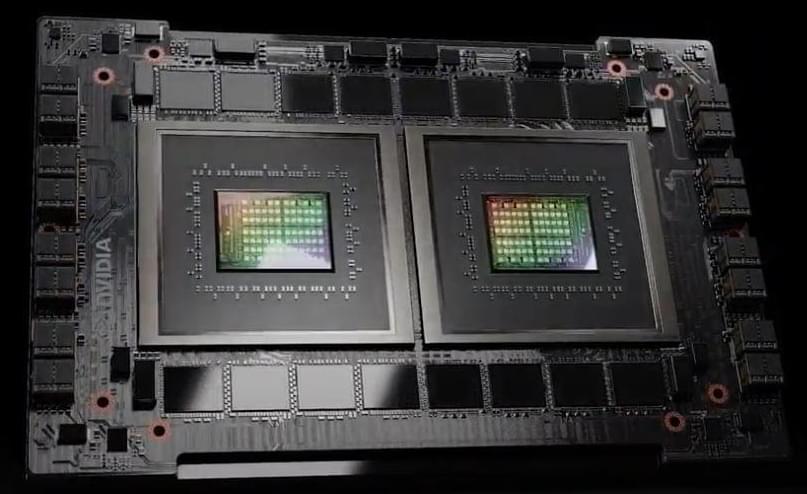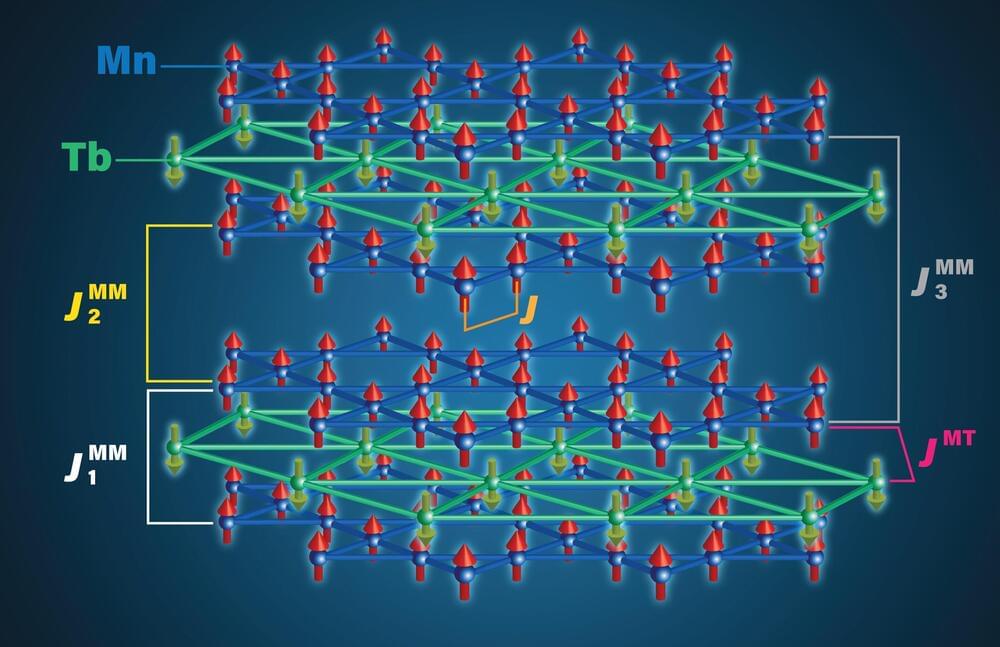A team of Chinese scientists report on a new method for entangling photons that they say could make quantum networks and quantum computing more practical, according to the South China Post.
In a study published in Nature Photonics, the team from the University of Science and Technology of China said that the new way to produce entangled photons is extremely efficient. The work was led by Jian-Wei Pan, one of the world’s leading quantum researcher from the Hefei National Research Center for Physical Sciences at the Microscale, the University of Science and Technology of China and CAS Center for Excellence in Quantum Information and Quantum Physics, University of Science and Technology of China.
Entangled photons are needed for certain forms of quantum communication and computing. These technologies require the ability to efficiently produce large numbers of particles — in this case, photons — that can remain entangled even when separated by vast distances to process and protect information. Specifically, the technology could be used in quantum relays that are used in long-distance, attack-proof quantum communication, the newspaper reports.








